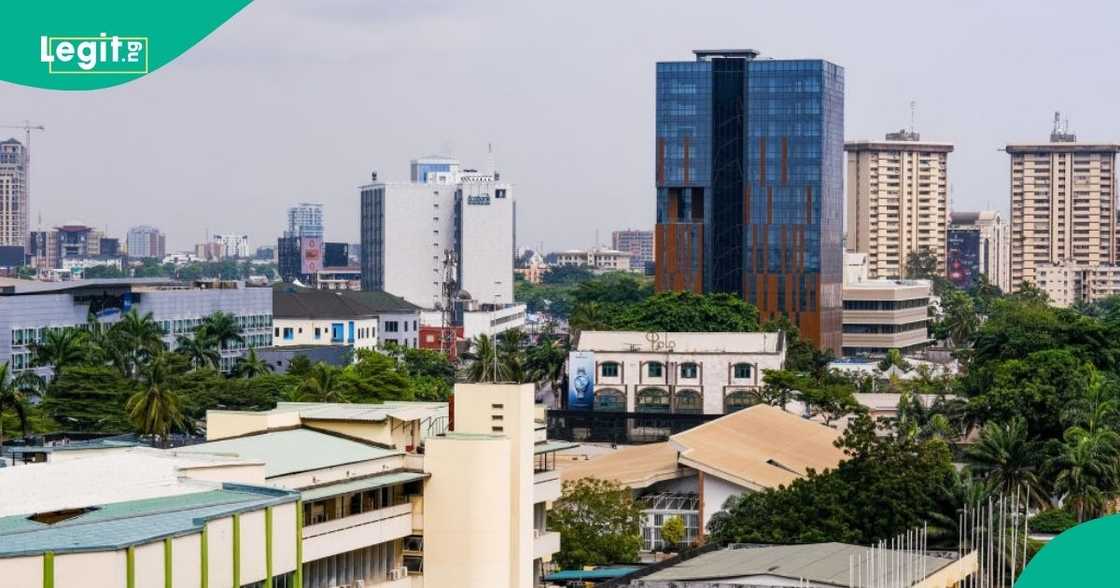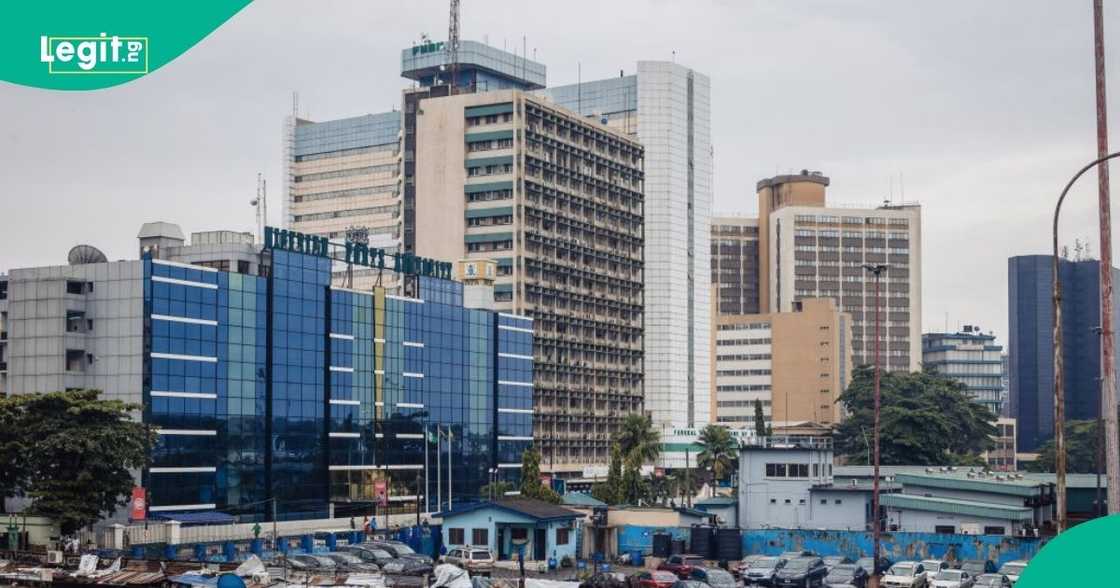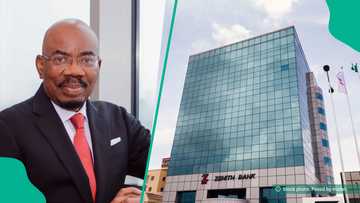Landlords Charge N38m per Year for 2 Bed Apartment, Reports Show Cost of 1, 4 Bedrooms
- The cost of luxury apartments in Nigeria has skyrocketed, with two-bedroom rentals now going for as high as 38 million annually
- The new prices reflect both the rising cost of living and the growing demand for luxury housing in the country
- A new trend shows that South African developers are also making inroads into Nigeria’s luxury property market
Legit.ng journalist Dave Ibemere has over a decade of experience in business journalism, with in-depth knowledge of the Nigerian economy, stocks, and general market trends.
Luxurious two-bedroom apartments in Lagos are now renting for as much as N38 million ($25,000) annually.
This is according to a new Nigeria Real Estate Market Review report released by Northcourt’s

Source: Getty Images
The report also revealed that luxury prices have risen consistently in the past 18 months, with one-bedroom flats selling for N180 million, while Old Ikoyi three-bedroom units now average between N700 million and N1.2 billion.
It also said that high-value penthouses also command as much as N8 billion.
Northcourt said the boom is largely driven by diaspora investors, high-net-worth individuals, and expatriates seeking comfort, exclusivity, and smart living features in prime gated communities, Punch reports,
Price Snapshot (Lagos Prime Real Estate)
- Two-bedroom luxury rentals: N36m – N38m per year
- One-bedroom luxury flats (for sale): N180m
- Three-bedroom flats (Old Ikoyi): N700m – N1.2bn
- Four-bedroom penthouses (with 2-room BQ): N2.1bn – N8bn
Who are the landlords of the high-end apartment?
The report noted that South African promoters are also making inroads into Nigeria’s real estate market, which is projected to grow to $4.34 trillion globally by 2029.
Upper middle-income buyers are showing a preference for spacious homes near reputable schools and neighbourhoods with strong waste management and air quality.

Source: Getty Images
In Victoria Island, developer Quantum Properties is pushing ahead with Quantum Luxury Towers and Metropolitan Towers, a 28-storey project designed by XBD Collective with El-Alan Construction as main contractor. Quantum Luxury Towers is due for completion in December 2027.
It added:
“HNIs and expatriates are contributing to this demand. The luxury real estate market is projected to reach $4.34 trillion by 2029.’’
The demand for properties in high-end locations is on the rise, with a focus on gated communities that provide advanced perimeter detection, sustainability-powered lighting and waste management systems, smart home technology, and expansive living spaces.
Despite the luxury boom, Northcourt warned that homelessness, limited financing and weak property rights continue to hold back broader housing development in Nigeria.
Tenant sells landlord apartment
Earlier, Legit.ng reported that a Nigerian lawyer has shared a trending story on TikTok about a man who sold his landlord's house.
The legal practitioner, who is involved in property cases, said the incident happened in Lagos state.
In the video he posted, @theomonilelawyer said the tenant allegedly lived in the house for many years before committing the crime.
He said the house is a four-bedroom duplex, and the tenant allegedly sold it for N83 million and disappeared with the money.
Source: Legit.ng



